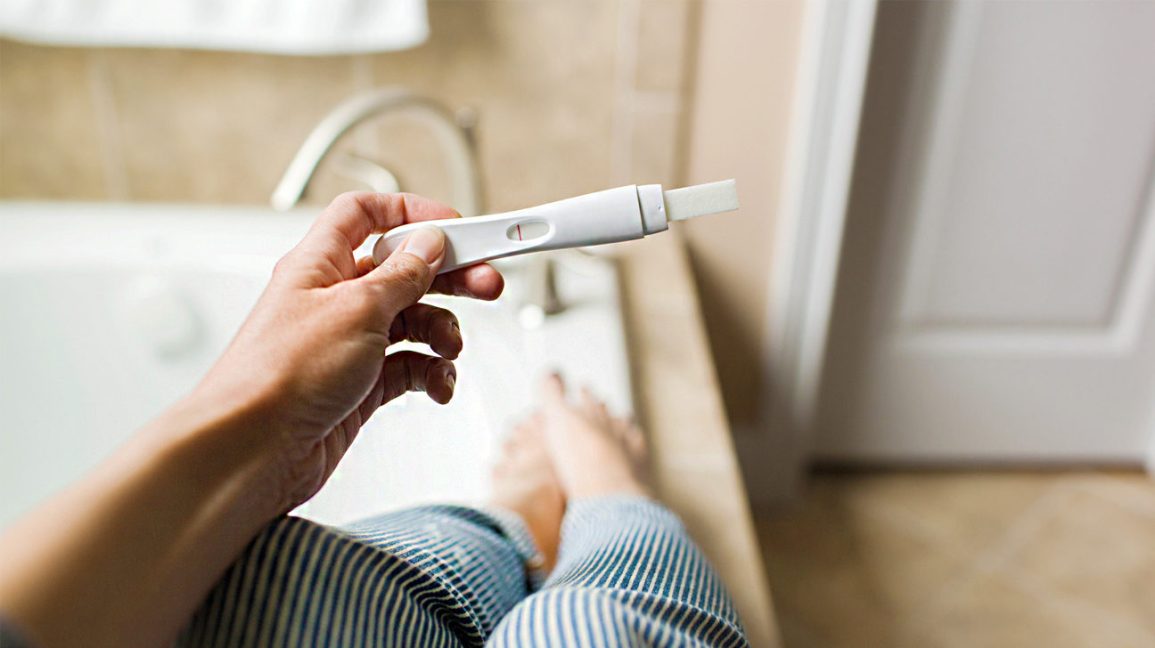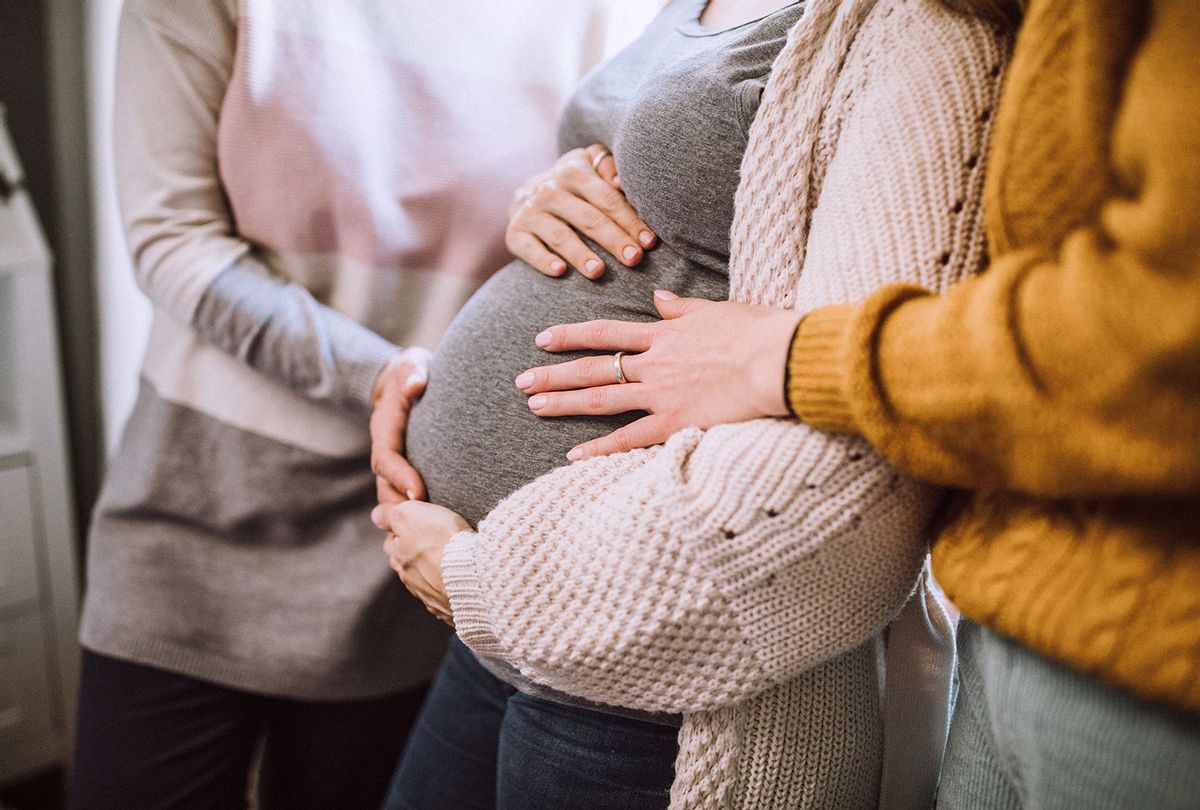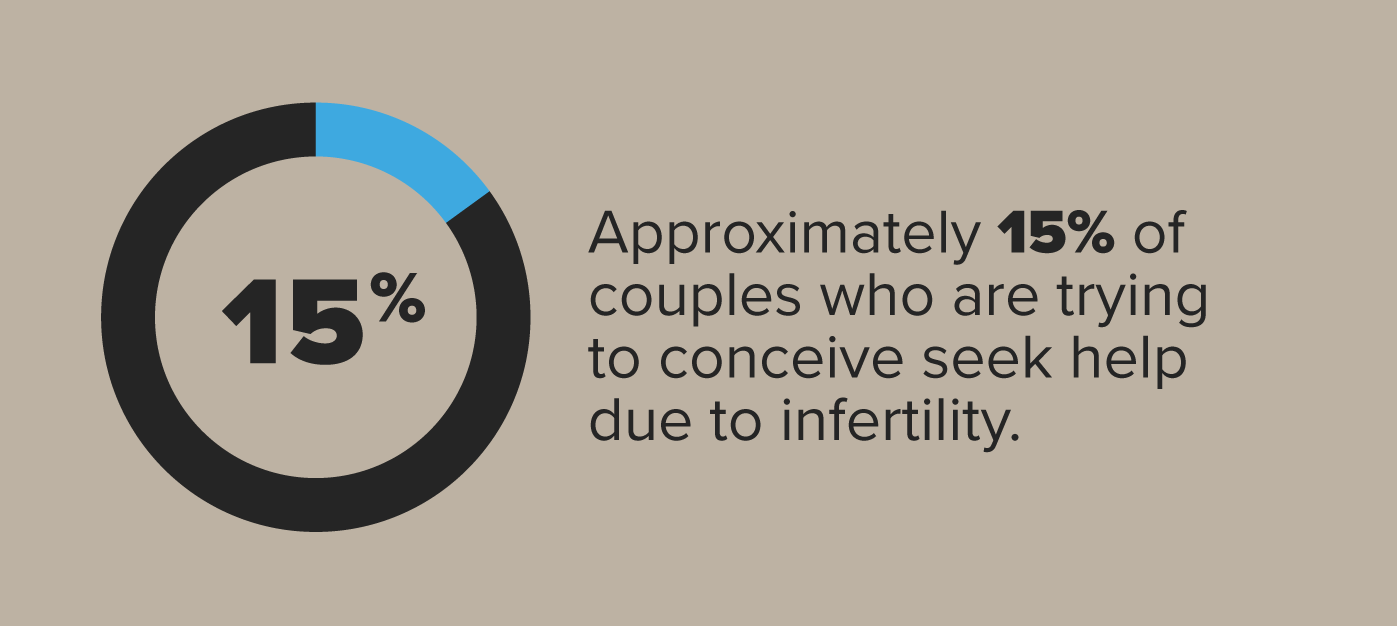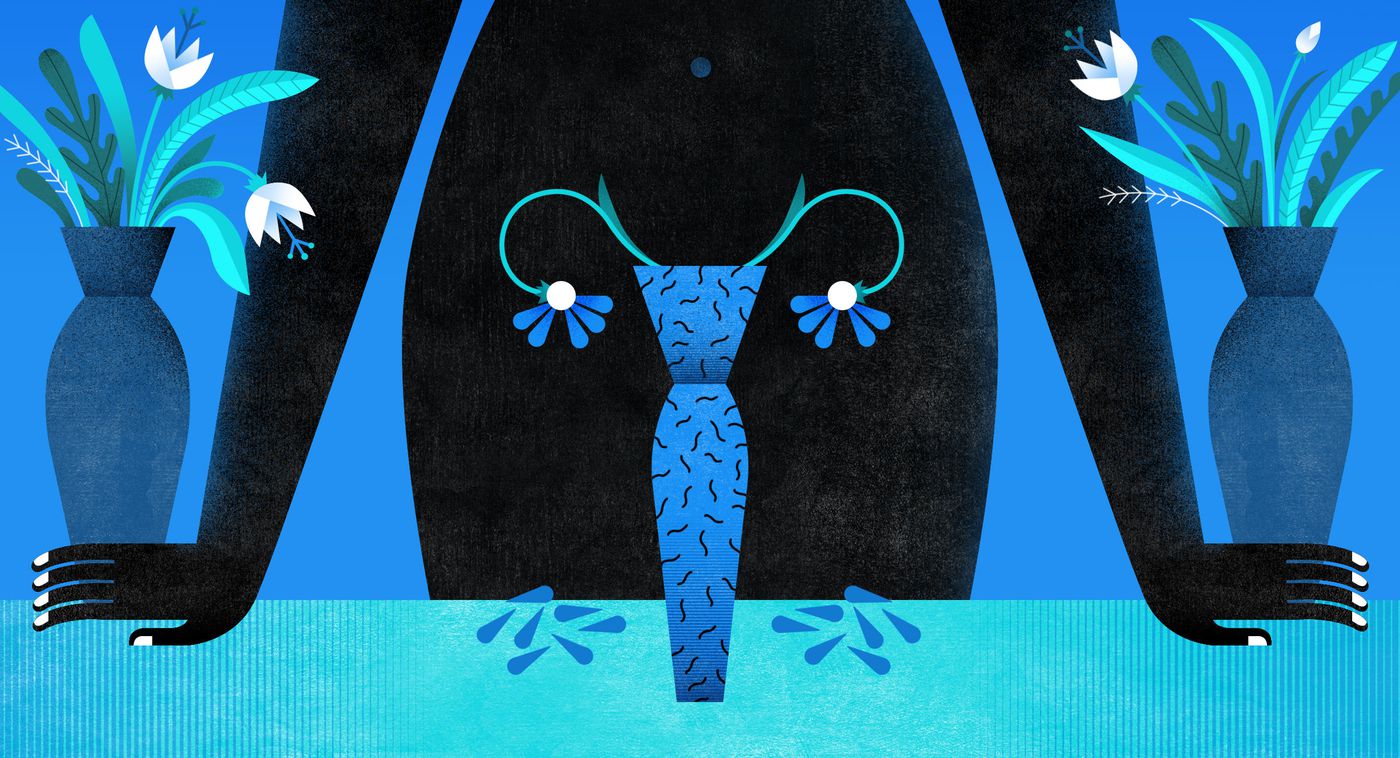The sweeping statistics released by the Office for National Statistics, revealing half of all British women are childless by the age of 30 for the first time ever, has hit the headlines this week and gained press for all the wrong reason.
But, for some of us. It isn’t by choice.

My partner and I have, now at the time of writing this, been together for eight years nearly and three years ago, after buying our first home and at the age of 31, decided to stop using contraception.
We were ready.
We’ve all heard the women, the couples, the mothers, before us saying that no one is ever ready. But actually we were.
We had our metaphorical ducks in a row. We owned our own home, had our finances in order with an achievable, steady savings plan and most importantly (as I would come to learn later on), a stable, happy relationship.
We began our TTC (trying to conceive) journey in the latter months of 2019. Optimistic. Excited. Speculating whether we would be pregnant by Christmas, our next birthdays, our anniversary. Those milestones we all countdown to and benchmark the progress of each calendar year by.
But, this wasn’t to be our journey. From taking my last contraceptive pill, after 13 years of taking it daily, I eagerly downloaded one of the many fertility tracking apps available within the app store and began tracking.
And it’s here where our journey to start a family truly began.
It’s so easy to become obsessed with tracking your cycle. Understanding when your next period will land, calculating your fertile window (the days within a person with a womb’s cycle that they’re most fertile) and scheduling sex. It doesn’t have to be particularly romantic, connected sex. Just ‘get the job done’ sex will do. In a nutshell, we just needed him play his part.
My periods on the pill had always been regular as clockwork, and following a particular long 42 day cycle post-pill, they returned and I was on track. Surely this meant it wouldn’t take long?
The app predicted my period to the day every month. But that meant, it was another cycle in which I didn’t fall pregnant.
By now, the pandemic had begun. We were both working from home, which made timing sex during my fertile window much easier. But lockdown number one also brought with it a baby boom.
Pregnancy announcements appearing on my Instagram feed, as regular as my period came along.

It hurt. A lot.
I can’t sugar coat that. The more announcements that appeared, the longer our journey seemed to be taking and soon enough, we had 12 months of TTC under our belts. Not a club anyone wants to be in. Even though everyone who’s had children tells you its normal for it take up to a year to conceive, you feel alone.
This cycle continued. Luckily, our relationship remained strong. His positivity balanced the days when I wondered if it would ever happen. The days I spent lost down rabbit holes in Mumsnet forums, reading about pregnancy signs during the two-week wait (the agonising two weeks between the end of the fertile window and the start of your period).
Month-to-month, I convinced myself I had every symptom and yet none at all.
The many, many pregnancy tests taken over the course of the last two and a half years. The ones taken together, and those I take in secret. When I’ve told my partner, I’ll just wait this month.
Once we hit the two year mark, we decided to speak to our GP.
But getting the ball rolling during UK lockdown number three was just as exhausting. After months of back and forth with our local doctors surgery, we had an appointment and plans in place for testing. The first stage was blood tests for both us.
But of course, this coincided with a UK shortage of blood vials. Leading to more delays. It felt like we were never going to get the ball rolling.
My partners sperm sample testing was almost comedic. A vial was delivered through the post with instructions to deliver the sample back to Liverpool Women’s at a certain time on a certain date.
With just a one-hour window instructed, between ejaculation and delivery at The Hewitt Fertility Centre, it was a literal wacky races rush against time. On both counts!
We know we’re lucky as both our initial results came back negative. As it stands there’s no concrete reason as to why we haven’t fallen pregnant, which I know isn’t the diagnosis for so many couples, but it still leaves us asking questions.

Receiving the results took another month, so it was in November 2021 when our GP made us a referral to the Women’s for an initial consultation at the sensitively named, infertility clinic.
But the reason why I wanted to tell our story to date, that doesn’t have a happy ending, is in response to the much-discussed ONS stats.
Our infertility department has a backlog. Our case should have been looked at in January 2022, which then pushed to February and now it’s March. And that’s just to have our case looked at. Not to have an appointment to discuss next steps.
We’re both 34 this year and I am one of the millions of women counted towards the statistical data. But, those figures aren’t that black and white. I’ve had friends fall pregnant and celebrate first and second birthdays since we started this chapter in 2019.
That’s the bitter pill to swallow. I’m beyond thrilled for my friends. But, you come to realise there isn’t a clear-cut way to fall pregnant, however much you plan sex, take folic acid and a shedload of other vitamins and follow every ‘fertility specialist’ in Instagram.
Oh and please don’t tell people to relax. That is the literal least-helpful piece of advice, ever.
Delving deeper into the stats – you would meet a myriad of couples and probably single men, women and non-binary people on their own journeys to have a child. Not plural, singular. When you’re on the path, in the thick of it, we’d be happy to have one healthy and happy child. I don’t ever want to do this again.
But, I’ve also grieved for the life that I thought I would have at this age. Despite it all, I’m happy. That’s so important. Being a mother, or not, doesn’t define a person and as a society we need to stop acting like it does. If you’re reading this, and you think it does, please take a minute to ask yourself why?

Unexplained infertility: Next steps
People ask if we’d adopt or foster. I’d love to say yes and pivot. But, I, we, want to explore what the clinic could offer.
I’ve taken that many pregnancy tests and ovulation tests, I would love to know how it feels like to see two lines instead of one. What it feels like to be pregnant. I don’t believe it’s selfish to want something that so many people have experienced, once, twice or three times over.
Infertility is tough to navigate and with recent media speculation about why so many women are childless, it makes it even harder for us to progress as a society.
Times have changed from when our parents and grandparents where young and the landscape of what British families and relationships look like is different. And that’s a good thing. But my story is just one example of childless at 30. There are hundreds of others.
If I can offer one piece of advice for anyone who feels this way, it’s to go at your own pace, know that you’re truly not alone, even though it feels it sometimes, and take the time to explain and educate those closest to you. It makes the journey easier when you have people on your side.
For free and impartial support, advice, information and understanding for anyone affected by fertility issues, please visit www.fertilitynetworkuk.org or call 01424 732361.

Just a group of real women dealing with life’s daily struggles! Want to write for us? Email: hello@thedailystruggle.co.uk